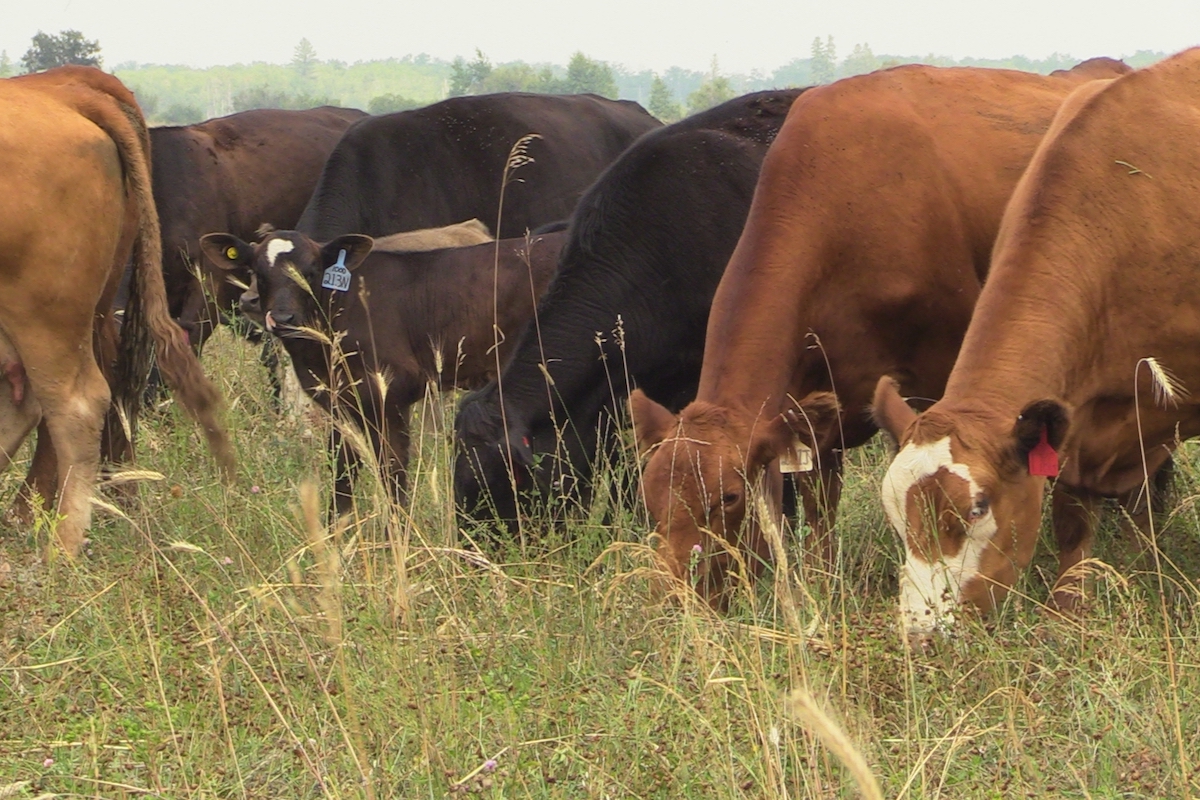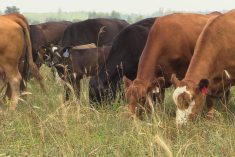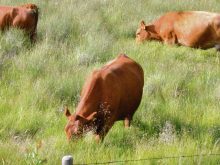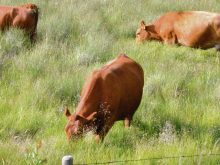Officials from several federal agencies have reassured the public about Canada’s animal biosecurity preparedness.
Witnesses from the Canadian Food Inspection Agency (CFIA), Agriculture and Agri-Food Canada (AAFC) and the Canada Border Services Agency (CBSA) spoke to MPs’ concerns about livestock diseases at a committee meeting last Wednesday afternoon.
Biosecurity preparedness has been a relevant issue recently, with rising concerns over African swine fever (ASF), foot-and-mouth disease and highly pathogenic avian influenza (HPAI), which saw 13 outbreaks in Quebec alone in April, and killed over 50 million farm birds in the U.S. in 2022.
Read Also

Beef industry weighs in on AAFC research cuts
The Canadian Cattle Association and Beef Cattle Research Council said cuts to federal research centres and programs will have long-term debilitating consequences for the beef industry.
Dr. Mary Jane Ireland, executive director of CFIA’s animal health directorate, told the Commons’ standing committee on agriculture and agri-food that the agency has ‘playbooks’ for every disease they are aware of, and that hazard-specific plans are updated as diseases evolve around the world.
Given recent outbreaks, avian influenza has been of particular concern. Ireland said CFIA has plans in place for its quick detection.
“When avian influenza is suspected, a sample is taken, and it is sent to a lab, that can be a provincial lab as (an) initial first step,” Ireland said. “To confirm the disease formally, the sample will be tested at the National Centre for Foreign Animal Disease (NCFAD) in Winnipeg.”
“We take early action based on early findings of the provincial labs.”
CFIA is also committed to dedicating personnel to HPAI response and containment. VP of operations Philippe Morel said “up to 10 per cent” of the agency was deployed to respond to outbreaks last fall.
Priority would be placed on depopulating infected areas, he said.
Global communication continues to be key to biosecurity preparedness, Ireland said.
“We need to continue to… monitor global events and trends. What are the diseases we’re seeing emerge, where are they? They inform our policy; they inform our regulatory approach. And they inform our import controls,” she said.
CFIA, she said, “has worked extensively with other federal departments and with industry and governments to ready ourselves, to be ready for an incursion, to prevent an incursion of a foreign animal disease.”
CBSA director general Shawn Hoag spoke to the importance of border control to Canada’s biosecurity preparedness.
All importers must provide information about their goods prior to entry, he said. CBSA agents have the authority to inspect shipments and hold them until they are either released or destroyed as necessary.
Options to better gather import data are being explored, he added, such as an increased number of x-rays and detector dogs.
Tom Rosser, assistant deputy minister for AAFC’s market and industry services branch, said the department is planning response simulations to ASF later this week.
— Jonah Grignon reports for Glacier FarmMedia from Ottawa.
















